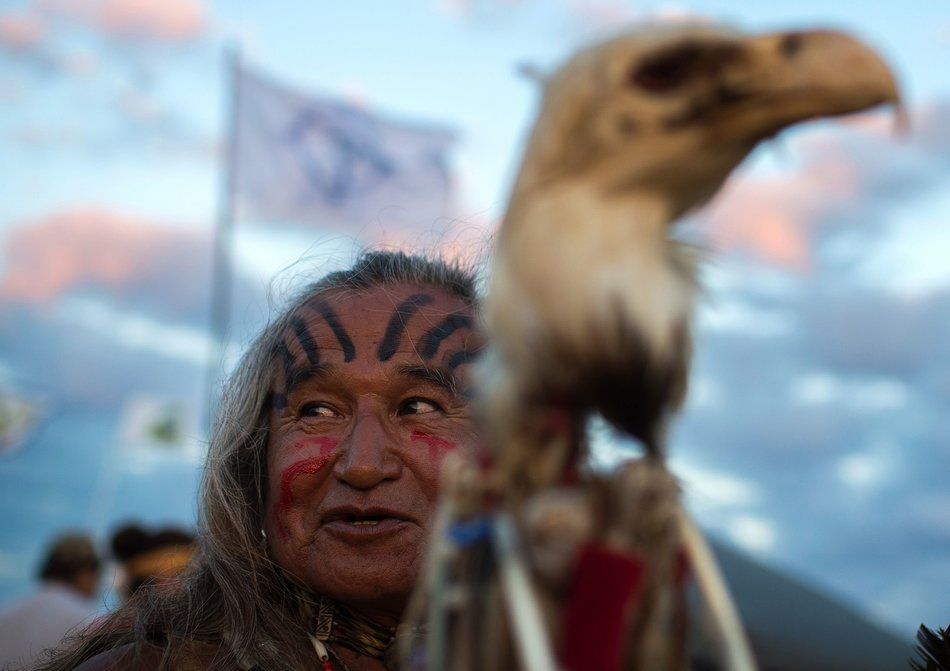North Dakota State-Run Casinos Possible in Pipeline, Tribal Operators Protest
Posted on: March 14, 2017, 02:35h.
Last updated on: March 14, 2017, 02:37h.
It hasn’t been a great stretch for the Native American tribes of North Dakota. And now relations between the Roughrider State and its tribes have hit rock bottom, thanks to a new push to amend the State Constitution to permit the creation of state-owned casinos outside of tribal lands.

It’s a proposal that, if realized, would undoubtedly hurt the bottom line of the state’s six existing Indian-owned casinos. The is legislation introduced by House Majority Leader Al Carlson (R-Fargo) would give voters the chance to approve the authorization of up to six new casinos at next year’s primary election.
Carlson wants to establish “destination-oriented attractions,” the profits of which, he says, would help cut, or even eliminate, state sales tax and corporate income tax in North Dakota.
“Is this going to get rid of all our other taxes? Absolutely not,” Carlson told the House Judiciary Committee on Monday. “Is it going to boost some of our rural communities? I think it does.”
Icy Relations
Ruth Buffalo, an enrolled member of the Three Affiliated Tribes, told the hearing that rather than building new casinos, North Dakota should be “worrying about how they can fix relationships with tribes.”
The proposal comes after months of protests against the Dakota Access pipeline’s planned crossing under the Missouri River reservoir, near the Standing Rock Sioux Reservation, which the tribe says threatens its water supply.
The Standing Rock Sioux operates the Prairie Knights Casino Resort, near Fort Yates. Last month, the tribe reported it was facing a $6 million budget shortfall, due to declining revenue at the casino. The tribe blamed the drop on access to the casino having been cutoff during the protests, as well as an extremely cold winter. But whatever the actual reason, the winter wasn’t even as bitter as the residual ice that now separates the two factions.
“Tribal and state relations are at an all-time low, so low that we are in a deficit, in the red,” said Buffalo.
Carlson adamantly denies that his legislation is “retribution” against the tribes for the civil disobedience of the last four months.
Tribes Push Back
Mark Fox, chairman of Three Affiliated Tribes, said his casino, the 4 Bears Casino and Lodge in New Town, along with the others in the state, provide over 2,000 jobs and millions of dollars in revenue for the reservations and nearby communities.
“It’s our catalyst. It’s our vehicle for change,” he said. “It’s the pulling up of the boot straps that we always hear people say, why don’t those Indians pull themselves up by the boot straps? So we do. We conduct our gaming and we’re darn good at it.”
And it’s not just the tribes that are against the bill, either. There are around 300 charitable gambling locations in bars and clubs throughout the state, which would also be impacted, according to Jonathan Jorgensen, president of the board of directors for the Charitable Gaming Association of North Dakota.
“This is not an expansion of gaming, this is an explosion of gaming,” he said.
No comments yet